
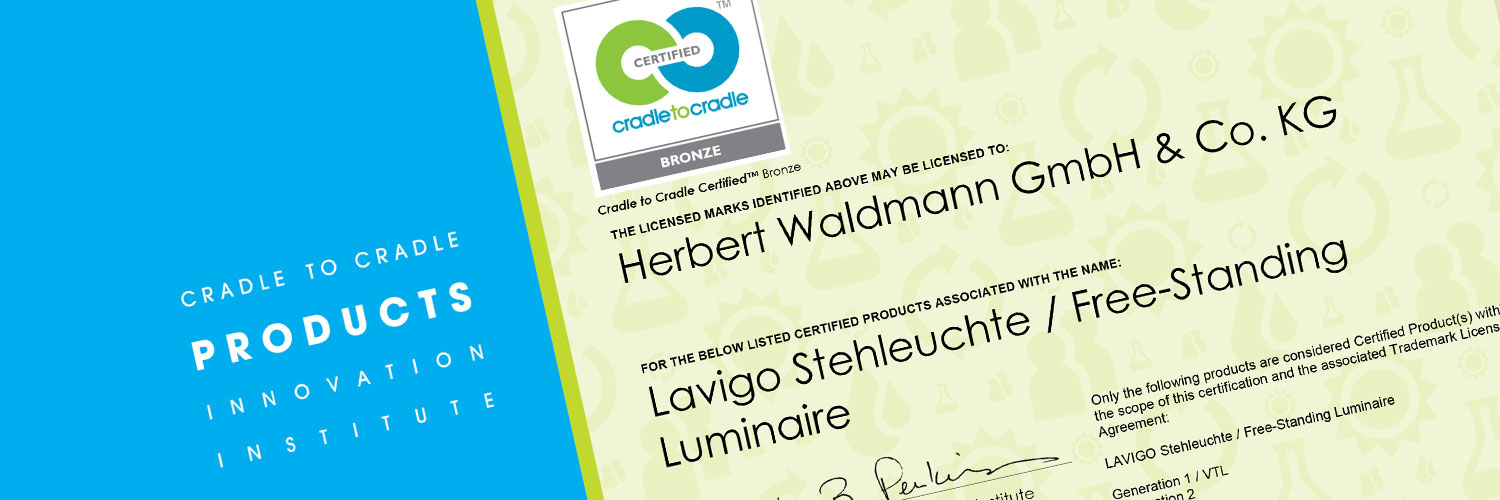
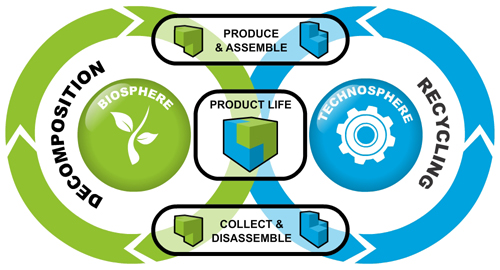
The Cradle to Cradle Products Innovation Institute is a non-profit organization designed to educate and empower manufacturers of consumer products to be a positive force for society and the environment, with the goal of bringing about a new industrial revolution.
The institute administers the Cradle to Cradle Certified™ Product Standard which provides specific criteria and requirements to designers and manufacturers for continually improving what products are made of and how they are made. This mark provides consumers, regulators, employees, and industry peers with a clear, visible and tangible validation of a manufacturer’s ongoing commitment to sustainability as well as to their communities.
This certification is allotted by individual product.
LAVIGO – the world’s first certified office luminaire
The LAVIGO free-standing luminaire from Waldmann was developed as the world’s first office luminaire to be awarded the internationally valid Cradle to Cradle® certificate, and it embodies this comprehensive sustainability concept. To satisfy requirements, all the materials used were identified. They were then assessed in respect of their toxicological and recycling-compliant properties and, in some respects, further improvements were then made. In addition, this certification process called for evidence of the energy balance to be provided, together with the required volume and quality of water. Other requirements included compliance with social criteria.
LAVIGO achieved the Bronze Level in the overall certification process. For a product with this level of complexity, this represents a very good result. The following levels were achieved in the individual sub-categories:
| Category | Level |
| Material Health | Bronze |
| Material Reutilization | Gold |
| Energy and Carbon Management | Bronze |
| Water Management | Silber |
| Social Fairness | Silber |
| Overall Certification Level | Bronze |
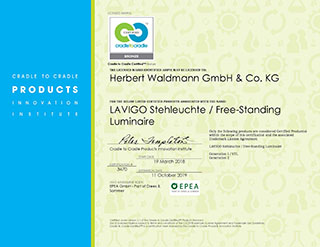
For more information about Cradle to Cradle®, please contact EPEA
Following is an overview of the criteria:
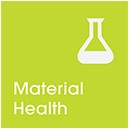
Knowing the chemical ingredients of every material in a product, and optimizing towards safer materials
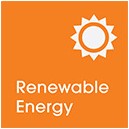
Envisioning a future in which all manufacturing is powered by 100% clean renewable energy
Source renewable electricity and offset carbon emissions for the product’s final manufacturing stage
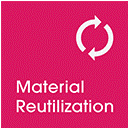
Designing products made with materials that come from and can safely return to nature or industry
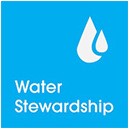
Manage clean water as a precious resource and an essential human right

Design operations to honor all people and natural systems affected by the creation, use, disposal, and
reuse of a product